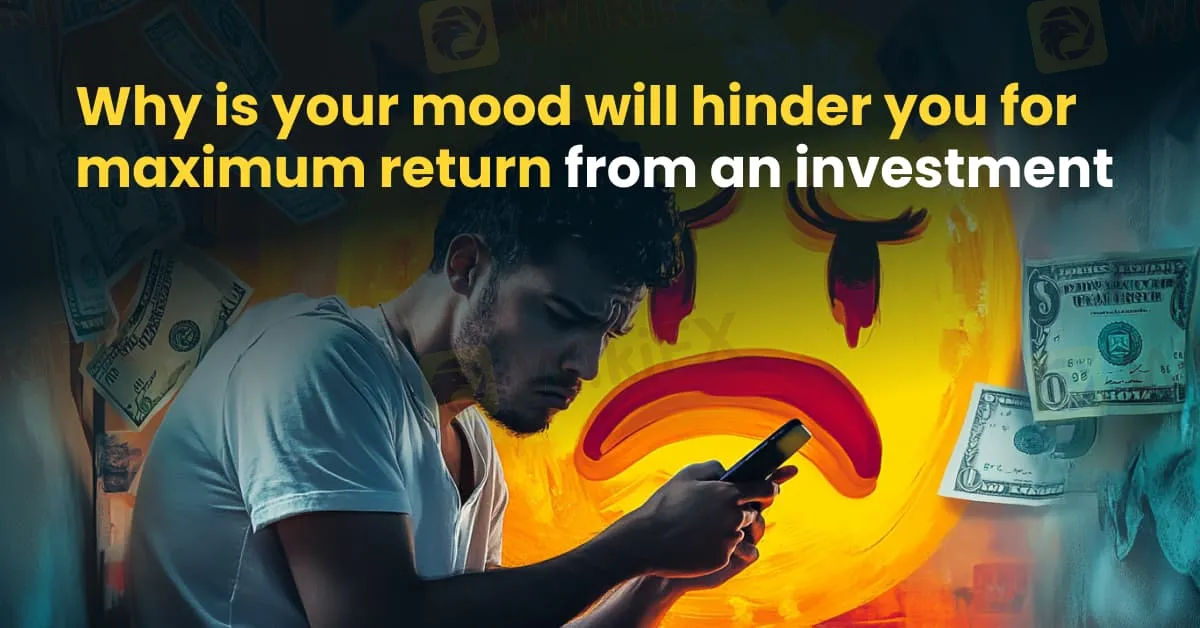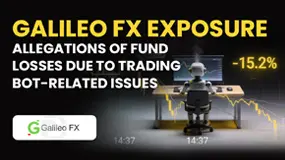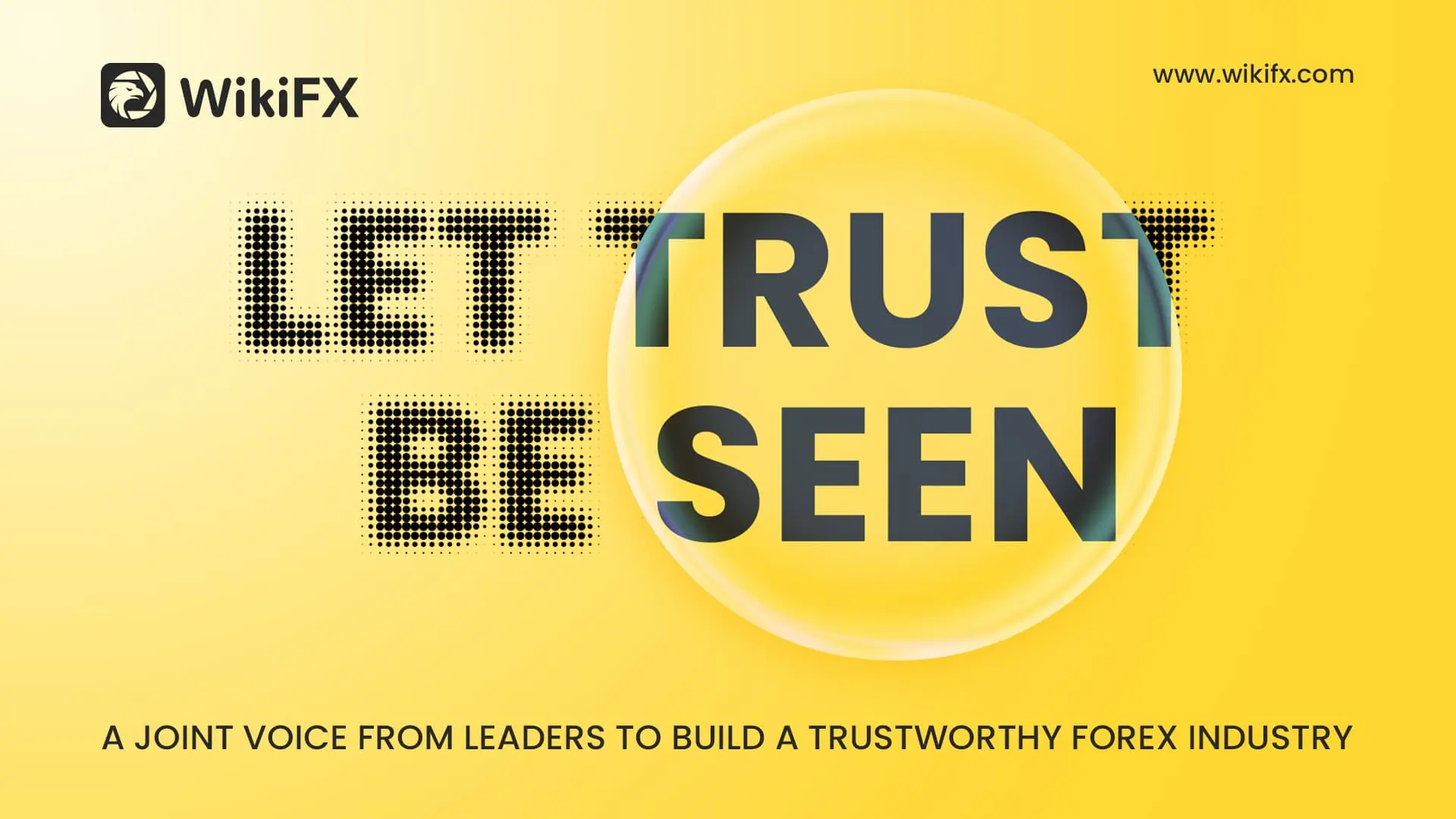Abstract:Investment decisions are rarely made in a vacuum. Aside from the objective data and market trends, our emotions—and our overall mood—play a crucial role in shaping our financial outcomes. Whether you’re feeling overconfident after a win or anxious after a loss, these emotional states can skew your decision-making process, ultimately affecting your investment returns.

Investment decisions are rarely made in a vacuum. Aside from objective data and market trends, emotions play a crucial role in shaping our financial outcomes. Whether youre feeling overconfident after a win or anxious after a loss, these emotional states can skew your decision-making process, ultimately affecting your investment returns.
The Psychological Underpinnings of Investment Decisions
Investing isnt always a purely rational process. Emotions such as fear, greed, and even sadness can override logic.
- Overconfidence: When youre in a positive mood, you might overestimate your abilities or the potential of your investments, leading to riskier decisions that may not be justified by fundamentals.
- Risk Aversion: A negative mood can trigger excessive caution. You may shy away from taking necessary risks that could yield higher returns.
- Herd Behavior: Your mood can make you more susceptible to following the crowd—buying or selling based on emotional reactions rather than independent analysis.
Mood, Behavioral Biases, and Their Impact on Returns
Emotional Decision-Making
Emotions act as a lens through which we interpret information. For example, if youre feeling optimistic, you might ignore warning signs and invest heavily in a rising asset. Conversely, a pessimistic mood might cause you to exit investments prematurely, locking in losses rather than riding out temporary downturns.
Real-World Implications
Studies in behavioral finance indicate that these mood-induced biases can lead to a portfolio‘s underperformance. For instance, investors who react emotionally to market fluctuations tend to incur higher transaction costs and miss out on gains during market recoveries. By letting mood dictate your decisions, you’re essentially “leaving money on the table.”
Strategies to Mitigate Mood-Driven Decisions
Develop a Robust Investment Plan
Having a clear, written investment plan can serve as a safeguard. By setting predefined entry and exit points, you can reduce the temptation to let your current mood drive your decisions.
Use Automated Tools and Rules-Based Investing
Consider strategies like robo-advisors or systematic investment plans. These tools can help remove emotional bias by executing trades based on predetermined algorithms rather than on impulse.
Regular Self-Assessment
Periodically reviewing your investment decisions and reflecting on whether emotions influenced them can help you recognize patterns. This awareness is the first step toward mitigating bias.
Conclusion
Mood is an ever-present undercurrent in the realm of investing. While it is impossible—and even human—to experience fluctuations in emotion, being aware of how mood affects your decisions is crucial. By implementing disciplined strategies and leveraging automated tools, you can minimize the negative impact of emotional bias. Ultimately, staying focused on long-term fundamentals and maintaining a consistent investment strategy are key to maximizing your returns.










